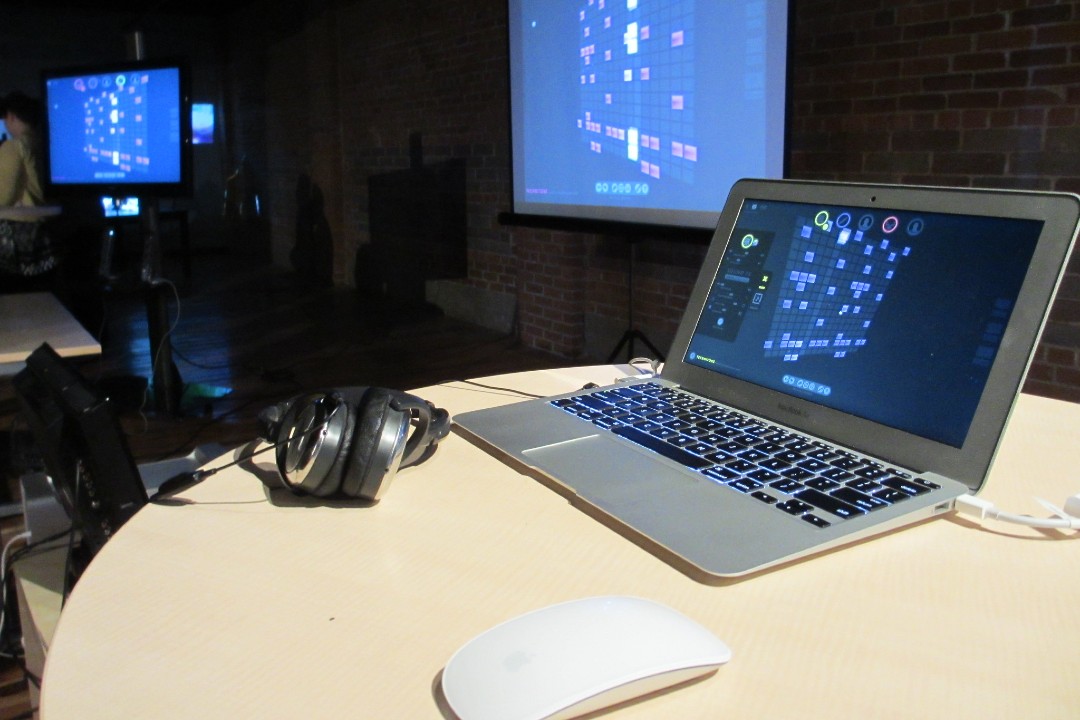
Edmonton's gaming industry struggles as investment shrinks and provincial support is MIA
A gaming executive says the recent layoffs at Inflexion Games and the full closure of Humanoid Origin have been influenced by investment in gaming companies being scaled back and the ongoing absence of a tax credit program in Alberta.
"It's well known that during the course of the pandemic, interest in gaming skyrocketed, both as a business opportunity and fuelled by people consuming games at home during lockdown," Scott Nye, the chief operating officer of Inflexion, told Taproot. "That led to a significant amount of investment. Those times of expansion, probably, were too aggressive. Now (the industry is) settling back into a more sustainable version of itself."
In October, Inflexion laid off at least 66 employees. The studio was founded by Aaryn Flynn, a former general manager for BioWare, and was originally owned by Improbable and later sold to Tencent.
Weeks later, Humanoid Origin announced it would close and let go at least 53 people. Like Flynn, Humanoid Origin founder Casey Hudson made his name at BioWare with work on blockbuster titles like Mass Effect.
Both studios offered statements on LinkedIn.Inflexion said "the industry is undergoing a period of significant transition." Meanwhile, Humanoid Origin said there are " broader challenges in the industry" that caused the studio to close.
Taproot contacted Humanoid Origin but the company declined to comment for this story.
Nye's assessment of industry woes is echoed by reports that suggest that the global gaming industry has laid off more than 23,000 people over the last two years.
Dorian Rowe, the interim executive director of the Edmonton Screen Industries Office, also sees the trend. The organization is a city-funded entity that supports gaming, film, TV, and broader interactive digital media (often called IDM).
Rowe said the cash contraction in games is in step with the strains on other screen-based industries, but isn't catastrophic.
"I wouldn't characterize it as a burst bubble. It's maybe a bubble that's shrinking a little bit, or maybe coming back to a 2018 or a 2019 level, versus the peak of, let's say, 2021," Rowe told Taproot. "In media in general, but I would say in (the) video game industry for sure, if (you) think that you have a crystal ball on the immediate future of the video game industry or any media industry — good luck … Predicting hits, predicting things that aren't hits, that's always super, super challenging."




